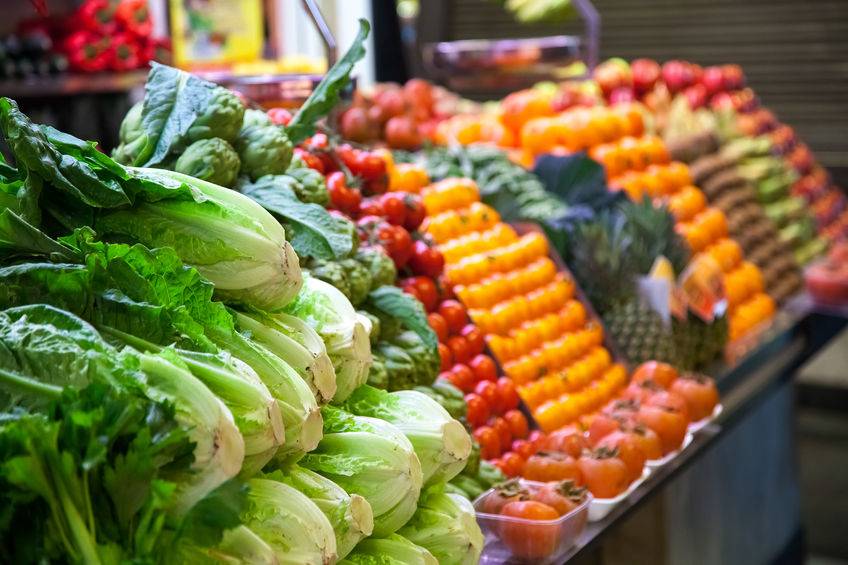Majority of Brits believe food and farming education needs to improve

The majority of Brits believe consumers need to learn more about the origins of their food, new research reveals.
The independent survey, conducted by Certas Energy, explored the nation's awareness around British agriculture and food trade.
The survey revealed that more than four out of five people would like to support British agriculture, but have no idea where to start, and three-quarters of people confessed (75%) that they are unaware of how commercial farming operates.
A further 77% of people said that they are unaware of how much food is imported and exported in the UK, but 86% claim they actively try to purchase British grown produce.
The cities that most actively try to purchase produce from home soil were Newcastle (87%), Glasgow (87%), Nottingham (84%), Edinburgh (83%) and Bristol (81%), while the least active were Sheffield (39%) and Birmingham (34%).
When it came to knowing about which fruit and vegetables are in season, respondents had very mixed knowledge, with the majority of Brits getting the answers wrong.
Over half of those surveyed thought that garlic (55%) was grown all year round, despite it being seasonal in summer. Only 16% of people knew that kale and leeks are typically grown in the winter, while only 13% knew that butternut squash is in season during the autumn and just one in ten (11%) knew that peas are a spring vegetable.
The fruit and vegetables that most respondents guessed correctly were onions (55%), mushrooms (62%) and parsnips (40%) which are grown all year round.
Sheffield and Nottingham fared worst with their fruit and veg knowledge, while the cities with most correct answers about seasonal produce were Southampton and Norwich.
It comes as news that Adam Henson, one of Britain’s best-known farmers, has called for the introduction of a GCSE in agriculture to improve young people's knowledge on farming.








